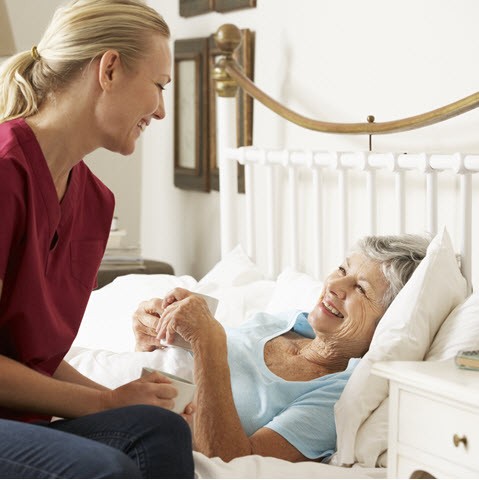Personal Independence Payment (PIP) is a crucial financial benefit for individuals with long-term disabilities or health conditions. For elderly individuals moving into care homes, understanding how PIP payments interact with care home costs is essential. While PIP does not directly pay for care home fees, it can help cover additional costs related to mobility and personal care.

What is PIP?
PIP is a UK government benefit for individuals aged 16 to State Pension age, aimed at supporting extra costs related to disabilities or long-term illnesses. It is divided into two components:
- Daily Living Component: Covers support for tasks like eating, dressing, and medication management.
- Mobility Component: Assists with transportation and mobility challenges.
Can PIP payments be used for care homes?
Find YOUR ideal care home NOW!
Yes, PIP payments can help with certain costs in care homes, but there are important rules to consider:
-
Daily Living Component:
- If care home fees are covered by the NHS or local authority, this component is usually suspended after 28 days.
- If the individual is self-funding or partially funding their care, the Daily Living Component may still be paid.
-
Mobility Component:
- This component remains unaffected, even if the care home fees are publicly funded. It can be used for transportation, wheelchairs, or other mobility-related expenses.
How PIP Supports Elderly Residents in Care Homes
PIP payments can indirectly help residents by:
- Covering mobility-related costs such as adapted vehicles or transportation for medical appointments.
- Funding additional personal care services not included in the care home package.
- Providing financial relief for self-funding residents who need extra support.
PIP Components and Their Impact on Care Home Costs
| PIP Component | Impact on Care Home Costs |
|---|---|
| Daily Living Component | Suspended after 28 days if NHS or local authority funds care fees. Payable if self-funded. |
| Mobility Component | Remains payable for transportation and mobility-related costs, regardless of funding. |
Q&A:
1. Can I receive PIP in a care home?
Yes, the Mobility Component of PIP remains payable in all care homes. The Daily Living Component may be suspended if the NHS or local authority funds the care fees.
2. Does PIP directly pay for care home fees?
No, PIP does not directly cover care home fees. However, it provides financial support for additional personal or mobility-related costs.
3. How can the Mobility Component of PIP be used in a care home?
The Mobility Component can be used for transportation to medical appointments, mobility aids, or other travel-related expenses.
4. What happens to PIP payments if care home fees are self-funded?
If care home fees are self-funded, both the Daily Living and Mobility Components of PIP may still be paid.
5. Can PIP payments be combined with other benefits to cover care costs?
Yes, PIP can be combined with Attendance Allowance or other financial support to manage care costs effectively.
6. How do I apply for PIP while living in a care home?
You can apply for PIP by contacting the DWP helpline. Ensure you provide medical records and care home documentation as evidence.
7. Does PIP stop if the NHS funds care home fees?
The Daily Living Component stops after 28 days if the NHS funds the fees. The Mobility Component remains unaffected.
8. Can family members use PIP payments for elderly care services?
Yes, family members can help manage PIP payments to ensure they are used for eligible costs like personal care or mobility.
9. Is PIP available for individuals above State Pension age?
No, individuals above State Pension age are usually eligible for Attendance Allowance instead of PIP.
10. How long does it take to receive PIP after applying?
It typically takes 3-6 months to process a PIP claim and receive a decision.
Need help finding a care home?
Senior Home Plus offers free personalized guidance to help you find a care facility that suits your health needs, budget, and preferred location in the UK.
Call us at 0203 608 0055 to get expert assistance today.
You are looking for an establishment for your loved one ?
Search for Care Homes by Region in the UK
| East Midlands | Eastern | Isle of Man |
| London | North East | North West |
| Northern Ireland | Scotland | South East |
| South West | Wales | West Midlands |
| Yorkshire and the Humber |
